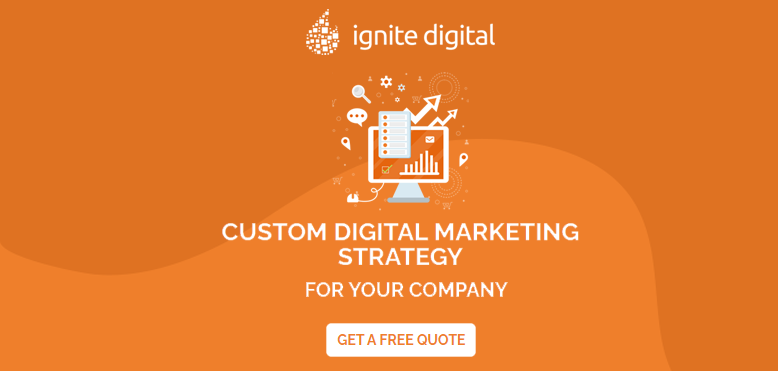Legal technology software, also known as legal tech or law tech, refers to the use of technology in the legal industry. It encompasses a wide range of tools and platforms designed to streamline legal processes, improve efficiency and accuracy, and ultimately enhance the overall practice of law.
From document management and discovery to case management and billing software, legal technology has become an integral part of modern legal practice.
What is legal technology software?
Legal technology software, or law tech, refers to the collection of software applications, platforms, and tools designed for use by legal professionals. These tools provide specific functionalities that aid lawyers to complete their tasks, eventually making legal processes more efficient.
Legal tech software includes legal services software, legal solutions software, attorney software, and software that can make a lawyer’s work easier and more effective.
The software ranges from e-discovery tools, case management software, legal billing solutions, and contract management software. Legal tech software is becoming increasingly popular as it simplifies routine tasks, allowing lawyers to focus on other critical aspects of their work, such as providing sound legal advice to clients.
Benefits of using legal technology
Legal professionals are turning to legal technology software to streamline their processes and better serve their clients. Legal tech software offers numerous benefits, from automating repetitive tasks to enabling attorneys to access case files and communicate with clients from anywhere with an internet connection.
With legal services software, firms can provide faster, more accurate services to clients, leading to greater client satisfaction and retention. Additionally, legal solutions software can help attorneys manage their workload more efficiently, freeing up time for more high-value work.
Overall, legal technology software provides attorneys with the tools they need to operate more effectively in an increasingly complex legal landscape.
Types of Legal Technology Solutions
Legal technology solutions have revolutionized the legal industry by streamlining processes and making legal services more accessible on social media. Legal tech software, legal services software, and legal solutions software.
For attorney software, the focus is on assisting lawyers with legal research and providing access to relevant case law. Software like Lawy.ai uses artificial intelligence to help lawyers draft legal documents by analyzing similar cases and providing suggestions.
Common Applications of Legal Technology
Legal technology has taken the legal world by storm, providing lawyers with powerful tools to optimize their day-to-day operations. Legal tech software, legal services software, and legal solutions software are just a few examples of how technology has reshaped the industry.
By streamlining workflows, automating contracts, and organizing case management more efficiently, these software applications have revolutionized the way attorneys work.
Implementing Legal Technology
The legal industry is embracing technology more than ever and it’s imperative that law firms keep up with the times to remain competitive. Implementing legal technology software can be tricky but taking steps to do so can help streamline the firm’s operations, making it more efficient and cost effective.
Legal tech software solutions like document management systems, time tracking and billing software, and client relationship management (CRM) tools can help deliver better legal services overall.
Additionally, attorney software that automates mundane tasks like contract drafting and legal research can free up attorneys to focus on more valuable tasks like negotiating and advising clients.
Using Legal Technology Software
Legal technology software is becoming increasingly popular in the legal industry. By utilizing this software, attorneys are finding that their workloads are becoming lighter and more manageable.
Legal tech software streamlines tasks like billing, document management, and case tracking, saving attorneys valuable time. Other benefits include greater accuracy in research, more efficient communication with clients, and superior record keeping.
However, there are some potential disadvantages to consider. For example, setting up and maintaining the software can be costly and time-consuming, and some attorneys may feel that it takes away from the personal touch that comes with traditional lawyering.
Additionally, using legal services software, and legal solutions software that is not user-friendly or that does not integrate well with existing systems can cause headaches.
This type of software simplifies mundane tasks such as those associated with e-discovery, case management, and contract analysis – freeing lawyers to focus on more important challenges. We have only scratched the surface of what is possible when leveraging legal tech software.
As the industry continues to evolve, we expect exciting new uses for legal tech will continue to appear on the horizon. Lawyers should embrace the possibilities that come with using law tech in their practice and seek out solutions they can use to leverage better outcomes for their clients.




